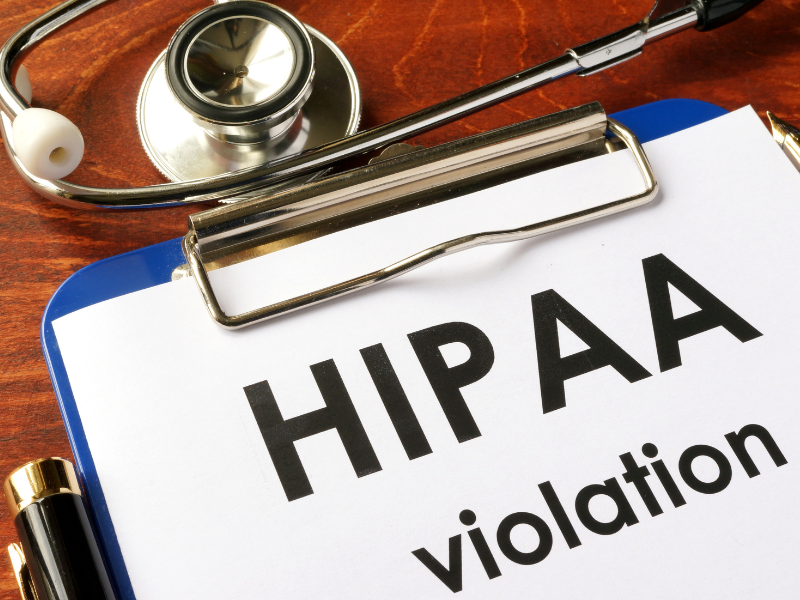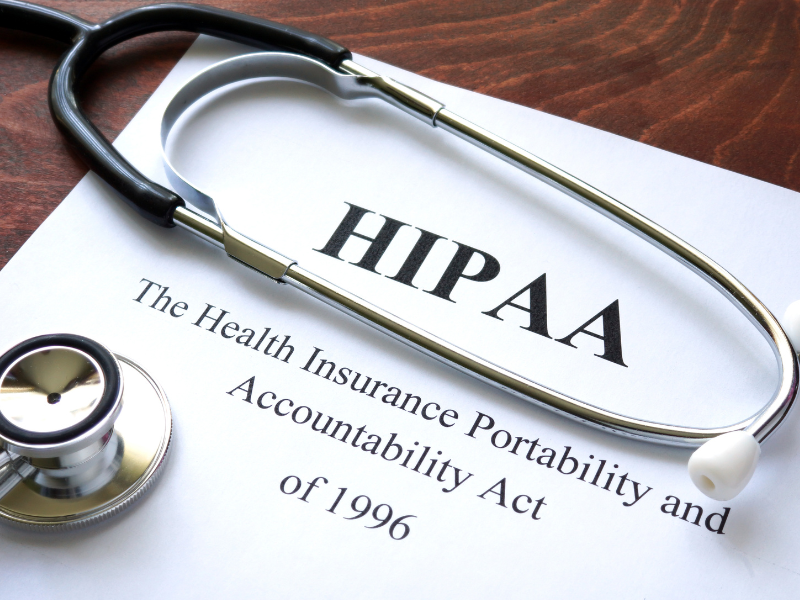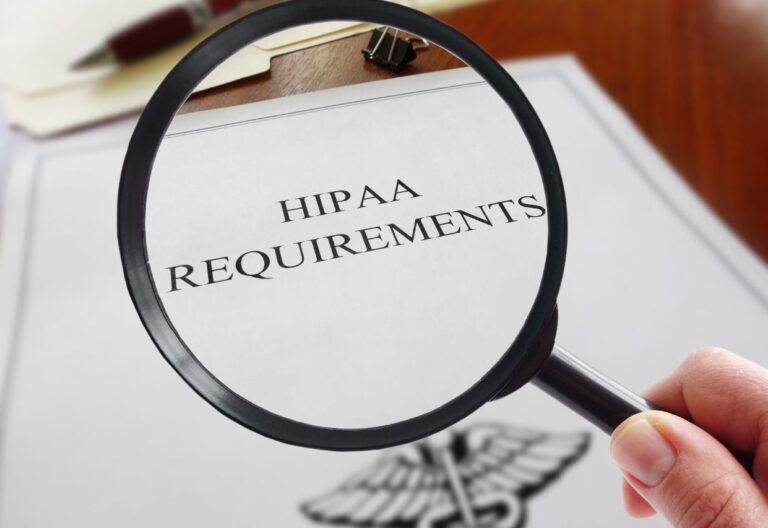HIPAA is important in healthcare because it ensures the confidentiality and security of protected health information (PHI).
Understanding the Health Insurance Portability and Accountability Act (HIPAA) requirements and complying with them is essential to maintain patient trust and prevent serious consequences. Its core purpose revolves around safeguarding sensitive health data, building patient trust, and preserving the integrity of healthcare systems.
Table of Contents

Protecting Patient Privacy: The Core Purpose of HIPAA
HIPAA has gained significant recognition for its vital role in safeguarding patient privacy and ensuring the secure management of patient data. These requirements, enforced through the three core HIPAA rules, are integral to a comprehensive regulatory framework.
Why is HIPAA important for healthcare providers?
The HIPAA federal law plays a pivotal role in advancing patient privacy by imposing strict constraints on the permitted uses, sharing and disclosures of protected health information. This regulation establishes explicit guidelines, defining when and with whom health-related data may be shared, thus ensuring utmost confidentiality.
Moreover, it grants patients the right to access their personal health information, empowering them with greater awareness and control over their medical data. By adhering to HIPAA guidelines, healthcare providers can protect patient privacy while building trust and credibility.

Why is HIPAA important to patients?
HIPAA’s significance to patients is multifaceted. Firstly, it promotes greater efficiency within the healthcare industry, enabling the seamless sharing or transfer of sensitive health information. This means patients can have their medical records, laboratory tests, and even health insurance documents easily accessed by healthcare providers.
Secondly, HIPAA prioritizes patient privacy and security. It reassures patients that their sensitive health information is safe, and those who attempt to misuse these details will face severe consequences. This instills confidence in patients, encouraging them to share whatever data is needed to improve their treatment outcomes.
With the staggering amount of data being exchanged in healthcare, providers must implement strategies to improve HIPAA compliance. After all, protecting PHI is paramount. It determines a provider’s or healthcare organization’s commitment to protecting patient data from unauthorized disclosures and breaches.

HIPAA Violations: Understanding Legal and Reputational Risks
Under US law, should a covered entity violate the regulations outlined in HIPAA, it could encounter significant repercussions, with penalties potentially reaching a hefty sum of $50,000 and, in more severe cases, even entail imprisonment for up to one year. The extent of these consequences hinges upon the nature and seriousness of the HIPAA violation, as well as the identity of the perpetrator, whether they are a healthcare employee or an employer—commonly referred to as covered entities.
Violations can be categorized into civil and criminal, each carrying its own set of tiers designed to ascertain the appropriate penalties corresponding to the specific breach committed.
Civil violations
In matters concerning HIPAA penalties, there exists a distinct classification known as civil penalties, which pertain to violations lacking malicious intent. The prevalent cause behind such violations primarily stems from a need for more familiarity with the HIPAA Privacy Rule among healthcare employees or covered entities. It is crucial to acknowledge, however, that ignorance or negligence concerning HIPAA standards cannot be used to justify evading penalties.
Criminal violations
HIPAA violations of an intentional nature, which involve the disclosure or sale of personal health information, are considered criminal acts. These transgressions can lead to severe penalties. In some cases, restitution may also be required to compensate the affected individuals. The responsibility to address a HIPAA violation falls upon the covered entity, and it must engage with the OCR and state attorneys general to resolve the matter.
Several key factors determine the severity of the penalty, including:
- The gravity of the HIPAA violations in question, with more severe breaches attracting harsher consequences.
- The duration over which the violation has occurred, as prolonged infractions may lead to increased penalties.
- The number of violations identified as a higher frequency of offenses could result in escalated punitive measures.
Why Is HIPAA More Important Now Than Ever
HIPAA has become more critical than ever due to various factors. Firstly, the rapid advancement of technology and the widespread use of electronic health information demand heightened protection measures.
With the increasing adoption of electronic health records systems (EHRs) and telemedicine, the risk of data breaches and unauthorized access has significantly grown, making patient privacy and security a top priority. On top of this, the healthcare industry faces escalating cybersecurity threats and sophisticated hacking attempts. Cyberattacks on healthcare organizations have surged, putting patient data at considerable risk.
Amidst growing patient awareness of their privacy rights and data control, adhering to HIPAA regulations has become indispensable for healthcare providers and organizations.







